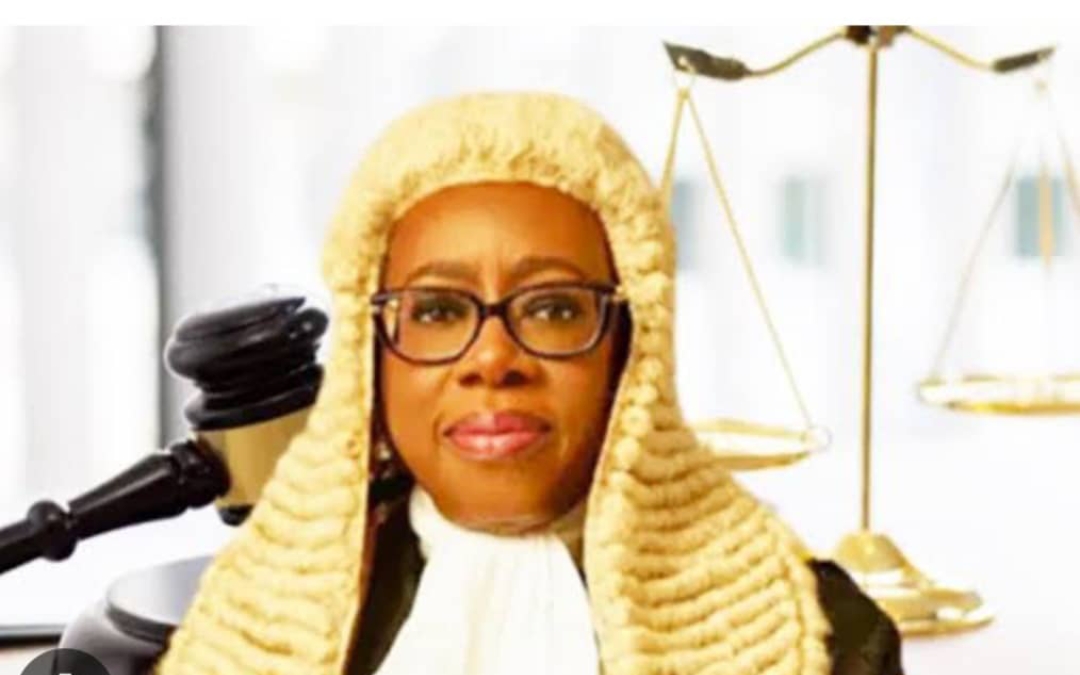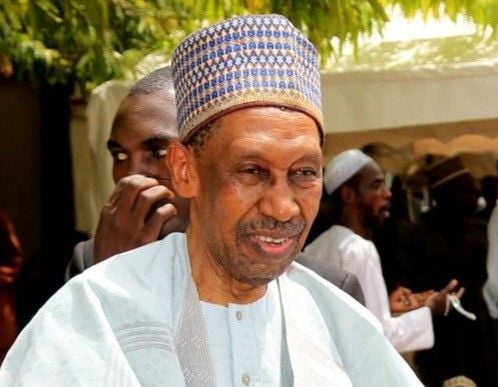Nigeria Mourns Passing of Former Chief Justice Mohammed Uwais

Justice Mohammed Lawal Uwais, a former Chief Justice of Nigeria (CJN) renowned for his integrity and significant contributions to the nation's judiciary and democratic processes, passed away on Friday, June 6, 2025, in Abuja at the age of 88. Born on June 12, 1936, in Zaria, Kaduna State, Justice Uwais left an indelible mark on Nigeria's legal landscape, serving with distinction and courage throughout his extensive career.
Justice Uwais's judicial journey began after he graduated from the University of London and was called to the Bar by the Middle Temple, London, in 1963. He served as a State Counsel and Senior State Counsel between 1966 and 1970. His judicial appointments included Judge of the High Court and later Chief Judge of Kaduna State (1973-1976). He was appointed a Justice of the Court of Appeal in 1977 and became a Justice of the Supreme Court of Nigeria in 1979 at the age of 43.
In 1995, Justice Uwais was appointed Chief Justice of the Federal Republic of Nigeria and Chairman of the National Judicial Council, positions he held until his retirement in 2006. His tenure as CJN, the second longest in Nigeria's history, was marked by significant events, including Nigeria's transition to democracy in 1999. He played a crucial role during this period, superintending the Judiciary with tact and patience, and had the distinct honour of swearing in the elected president on May 29, 1999. Under his leadership, the Nigerian judiciary was voted 'Man Of The Year' in 2006.
Beyond his role as CJN, Justice Uwais held several other esteemed positions. He was Chairman of the Nigerian Body of Benchers (1993-1994) and Chairman of the Board of Governors of the National Judicial Institute of Nigeria from 1995 to 2006. He also chaired the Judicial Commission of Inquiry into the Awards of Contracts by the Military Government of North Central State (1976) and the Jimeta Disturbances Tribunal, Gongola State (1984). Internationally, he was a Commonwealth Member of the Presidential Commission of Inquiry into the deaths of senior army personnel in Sri Lanka (1993), Honorary President of the World Jurist Association, Washington D.C., an Honorary Fellow of the Society for Advanced Legal Studies, London, and a Member of the Board of Trustees for the Global Legal Information Network Foundation (GLIN), Washington D.C.
After retiring from the Supreme Court, Justice Uwais continued to serve Nigeria. He was appointed by the late President Umaru Musa Yar’Adua to chair the Electoral Reform Committee in 2007. The committee submitted its influential report in December 2008, which contained a detailed prognosis of Nigeria's electoral system. Its key recommendations included the establishment of an independent electoral commission, the integration of technology in elections (such as electronic voting and transmission of results to reduce fraud), the critical need for voter education, and provisions for equitable political party financing to make elections more accessible and just. These recommendations continue to shape Nigeria’s electoral policies and democratic reforms. In 2011, he was appointed Chancellor of Umaru Musa Yaradua University, Katsina.
Tributes poured in from across the nation following the news of his passing, which coincided with the Eid-Al-Adha celebrations. President Bola Ahmed Tinubu described Justice Uwais as a “colossus,” a “phenomenal jurist and statesman who served Nigeria with honour, courage and exceptional integrity.” The President highlighted Justice Uwais's stabilizing role during a challenging time in Nigeria’s history and his diligent work on electoral reform, noting that his recommendations continue to influence Nigeria’s democratic reforms.
Dr. Kayode Ajulo, OON, SAN, Attorney General of Ondo State, hailed Justice Uwais as a “true beacon of integrity” whose tenure “fundamentally transformed the landscape of our legal system.” Ajulo emphasized Justice Uwais's visionary role as a reformist of the electoral process and recalled his dignified presence in court. Human rights advocate and professor Chidi Odinkalu mourned him as a “truly good man” and a personal mentor, noting that under Uwais, “Nigerians voted the judiciary as the Man Of The Year in 2006.”
Justice Mohammed Lawal Uwais’s passing is considered a profound loss to Nigeria. He is remembered for his unwavering commitment to justice, his exceptional integrity, and his lasting contributions to the development of Nigeria's judiciary and democratic institutions. His legacy of principled leadership and dedication to public service continues to inspire.











